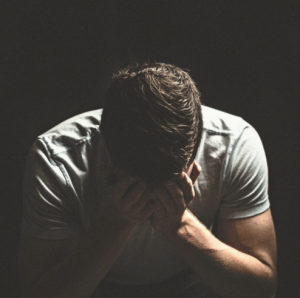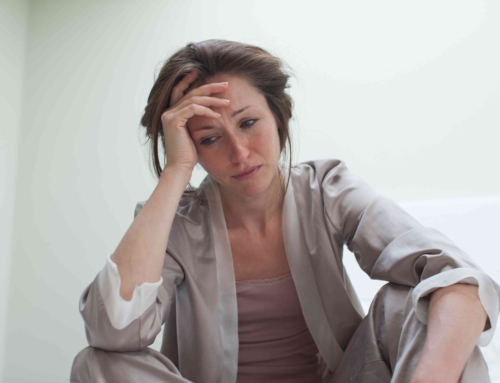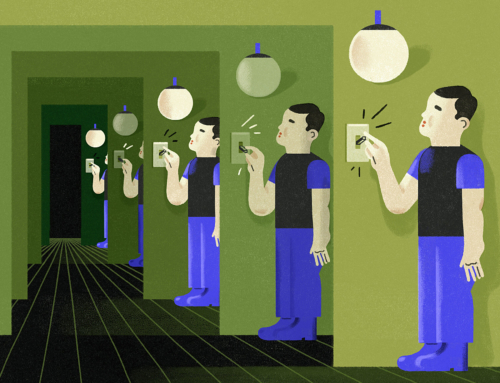TRAUMA
Discussion, Tips & Resources
What is Trauma?
 Trauma is defined as an emotional response to an event or series of events that caused high levels of distress in a person. Trauma can be experienced firsthand by witnessing or experiencing a trauma incident. It can also be experienced by someone close to a person hearing about it, or vicariously by an individual being exposed to trauma content.
Trauma is defined as an emotional response to an event or series of events that caused high levels of distress in a person. Trauma can be experienced firsthand by witnessing or experiencing a trauma incident. It can also be experienced by someone close to a person hearing about it, or vicariously by an individual being exposed to trauma content.
An experience can be traumatic without leading to any ongoing mental health issues. Most people will experience a range of traumatic events in their life. Some experiences will be very temporary and other may last days, weeks, or months. The severity of symptoms will vary from person to person. How much someone is affected will depend on a variety of factors including their past experience, current resilience, access to support, their perception and understanding of the event, and many other factors. What one person experiences as traumatic can be entirely different to the next person.
With every trauma there are three core components to a trauma response: autobiographical memory, arousal, and intrusions. Autobiographical memory is an individual’s personal memory of the trauma. Arousal is typically a heightened startle response, feeling more alert or sensitive to different sensory experiences. Intrusions are typically flashbacks, nightmares, and unwanted thoughts about the trauma.

It is normal to experience these symptoms following a traumatic event. In a healthy response to trauma the arousal and intrusions will reduce over time leaving the person with only their memory of the event. Problems generally arise when this process is prevented from occurring.
Due to the distress caused by the arousal and intrusions, people will often try to avoid experiencing this distress. Avoidance behaviours can include emotional suppression, substance misuse, self-harm, aggression, social withdrawal, and cognitive or Behavioural avoidance. This avoidance prevents the natural processing of the trauma which allows for the intrusions and arousal to diminish. In this situation a person may come to develop Post Traumatic Stress Disorder.
Symptoms in response to the trauma may last only a few weeks or a few months depending on the person, however, in some cases, the person may continue to feel psychological distress for many months after the event, this means that the person could be suffering from PTSD (Post-Traumatic Stress Disorder).

Complex (or Cumulative) Trauma
Most people will think of trauma as being a response to a single event or series of events that are linked. Complex trauma sometimes referred to as cumulative trauma refers to multiple experiences which combined result in trauma. An example of complex trauma could be a middle child from a very large family who has less direct support and attachment due to their position in the family. Another example of complex trauma can an emergency services worker who witnesses a range of incidents over time. Complex trauma is an emerging field as researchers begin to understand the diverse nature of trauma and its impact on development.
Tips for Coping
As it is normal to experience arousal and intrusions following a traumatic event, it is helpful to access the support of people around you to help you through the difficult time. To help with the natural course of processing it is beneficial to address any urges to engage in avoidance.
Acknowledge that feelings of depression, grief, fear or any other type of distress are normal after a traumatic event, and it is okay to feel that way.
Acknowledge the need for support from your family, and friends. It’s very important to feel supported after a traumatic event. You do not need to go through the trauma with them if this is not helpful for you. Support can come in the form of simply being around others.
Try and stick to your normal routine as best you can. This includes regular sleep times, meals, and exercise. If you have lost your appetite, eat smaller quantities at these regular times as it is important to look after your physical health.

Participate in self-care and leisure activities. For example, painting or drawing, journaling, cooking, lunch with friends. Self-care and leisure can be many different things depending on what you enjoy doing with your spare time. You may not experience the same level of enjoyment that you normally would, however it is still beneficial to be engaging in these activities.
Avoid things which can have a negative impact such as alcohol or other substances. Stick to things that you normally do rather new things which are unfamiliar.
Given the natural progression with trauma it is suggested that you do not seek professional assistance until after one month following the event unless you are in severe distress which feels unmanageable. There is evidence to suggest that the trauma will resolve without the need for professional intervention and that going over the trauma can actually strengthen the memory leading to more symptoms. In most situations the trauma symptoms will reduce, however in the event that they not it is recommended that you seek professional help from a trained trauma practitioner.
Trauma Resources
Phoenix Australia
Recovery – Helping Yourself
https://www.phoenixaustralia.org/recovery/helping-yourself/
This Way Up
The Post Traumatic Stress Course
https://thiswayup.org.au/courses/the-post-traumatic-stress-course/
MyCompass
Self Help Tools & Activities
https://www.mycompass.org.au/






